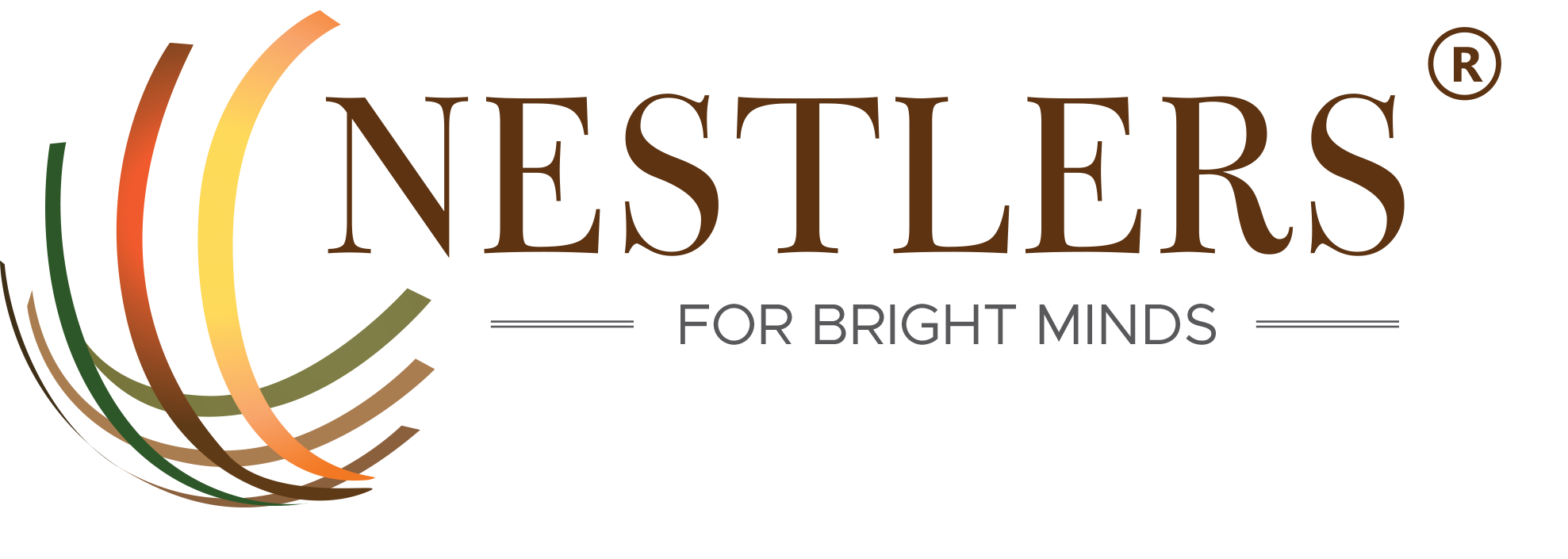Business travel is now becoming a cornerstone of global commerce. As companies expand across borders, the mobility of their workforce becomes ever more critical. However, with the growth of international business travel comes the complexity of adhering to various legal and regulatory frameworks. In Europe, these regulations have become more stringent, particularly with the introduction of the Directive on Business Travellers, a policy designed to ensure compliance with labor laws, tax obligations, and social security requirements for employees on short-term assignments within EU member states.
Understanding the Directive on Business Travellers
The Directive on Business Travellers aims to protect the rights of employees while ensuring that companies operating across borders comply with local laws. The directive applies to all employees who travel to another EU country for work-related purposes, including short-term assignments, conferences, meetings, and training sessions. It mandates that companies must adhere to the host country’s labor laws, including working hours, minimum wage, health and safety standards, and other employment conditions.
One of the key elements of the directive is the requirement for companies to provide prior notification of business travel to the host country’s authorities. This notification process includes detailing the nature of the work, the duration of the stay, and the employee’s personal information. Failure to comply with these requirements can result in significant penalties, including fines and restrictions on future business operations within the EU.
Impact of the Directive on Businesses
The directive poses several challenges for companies, particularly those with large, mobile workforces. The need to comply with a variety of legal requirements in different countries can be daunting, especially for small and medium-sized enterprises (SMEs) that may lack the resources to manage complex compliance processes. Larger corporations, while often better equipped, still face the logistical challenge of ensuring that all employees are fully compliant with the relevant regulations during their international travels.
Moreover, the directive has introduced a new layer of administrative burden. Companies must now maintain detailed records of all business trips, including the purpose of travel, the duration of the stay, and compliance with local labor laws. This administrative load can be overwhelming, particularly for organizations that operate in multiple EU countries.
How Companies Adapt to the Directive
In response to these challenges, companies are adopting a variety of strategies to ensure compliance while minimizing the impact on their operations. One common approach is the centralization of compliance processes. By consolidating compliance management into a single department or utilizing specialized third-party services, companies can ensure that all business travel is properly documented and in line with the directive’s requirements. This approach not only reduces the risk of non-compliance but also streamlines the administrative process, allowing businesses to focus on their core activities.
Another strategy is the implementation of advanced tracking and reporting tools. These tools are designed to monitor employees’ travel patterns and ensure that they remain within the legal boundaries of the host country. By leveraging these technologies, companies can automate much of the compliance process, reducing the risk of human error and ensuring that all necessary documentation is submitted in a timely manner.
The Role of Technology in Ensuring Compliance
Technology plays a crucial role in helping companies manage the complexities of the Directive on Business Travellers. One such solution is xpath.global, a platform that enables companies to track their employees’ stays in different countries and ensures compliance with local regulations.
xpath.global provides a platform for monitoring of employee travel, allowing businesses to maintain an accurate record of each trip duration from their employees to fulfil their tax obligations. This not only simplifies the compliance process but also provides companies with peace of mind, knowing that they are fully adhering to the directive’s requirements.
The platform also offers detailed analytics and reporting tools, giving companies valuable insights into their business travel patterns. This data can be used to optimize travel policies, reduce costs, and ensure that employees are not overstaying their welcome in any given country. By utilizing xpath.global, companies can effectively manage their business travel operations while minimizing the risk of non-compliance.
Best Practices for Staying Compliant
To ensure full compliance with the Directive on Business Travellers, companies should adopt the following best practices:
- Prioritize Employee Education: Employees must be aware of the legal requirements they are subject to when traveling for business. Regular training sessions and clear communication can help ensure that all staff members understand their responsibilities.
- Centralize Compliance Management: By consolidating compliance efforts into a single department or utilizing specialized services, companies can streamline the process and reduce the risk of non-compliance.
- Utilize Technology: Platforms like xpath.global are essential tools for tracking employee travel and ensuring that all necessary documentation is submitted promptly.
- Maintain Detailed Records: Accurate record-keeping is critical. Companies should maintain comprehensive records of all business trips, including the purpose, duration, and compliance measures taken.
- Regular Audits: Conducting regular audits of business travel operations can help identify any areas of non-compliance and allow companies to address them before they become problematic.
Conclusion
The Directive on Business Travellers presents a significant challenge for companies operating within the EU, but it also offers an opportunity to refine and improve compliance processes. By adopting best practices and leveraging technology, businesses can ensure that they remain fully compliant with the directive’s requirements while continuing to support their employees in their international endeavors. Platforms like xpath.global are invaluable in this regard, offering companies a comprehensive solution for managing business travel compliance in an increasingly regulated environment.
As the global business landscape continues to evolve, staying ahead of regulatory changes is crucial. Companies that successfully adapt to these new requirements will not only avoid costly penalties but will also position themselves as leaders in the marketplace, demonstrating a commitment to both their employees and the jurisdictions in which they operate.
Connect with Nestlers consultants
Do you need immigration and relocation services or consultancy?
It’s easy! Use the below contact form and one of our experts will provide you an answer as soon as possible.
Our consultants can help you in obtaining legal documents and can provide you with assistance regarding the immigration processes, relocation, taxes and payroll, Social Security (European forms A1, S1, U1, etc.) for your employees.





